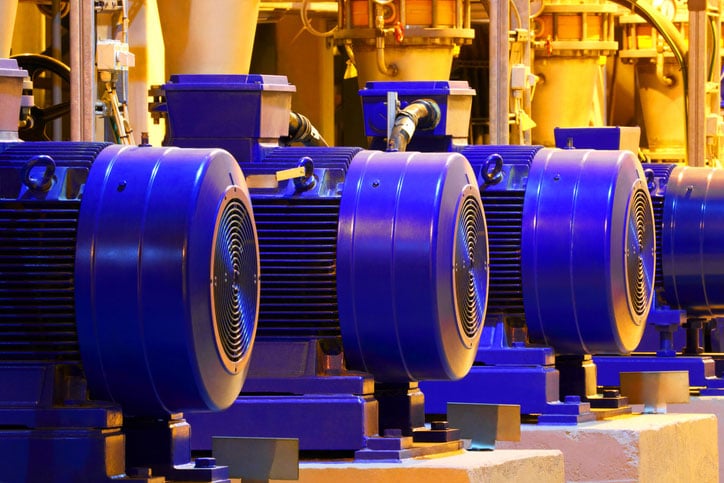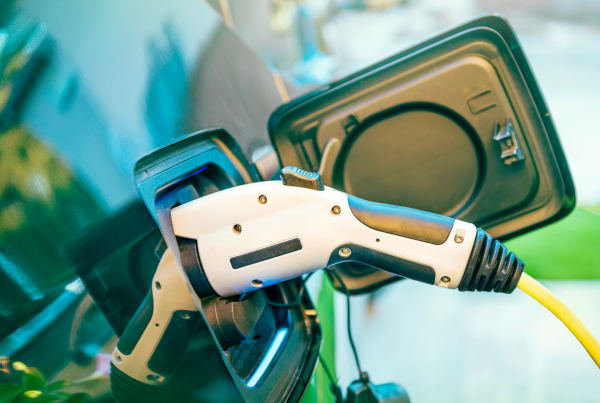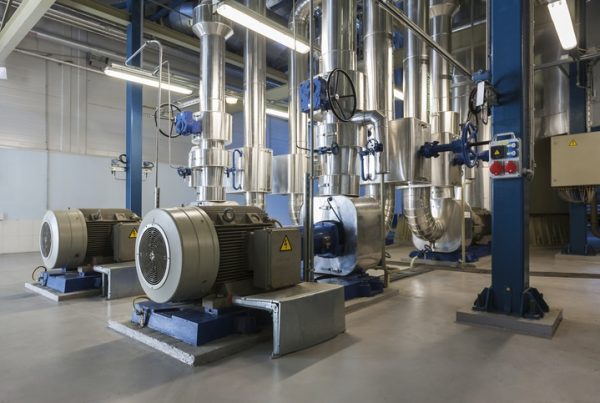One of the worst things that can happen in a commercial building is when an electric motor fails, bringing a crucial system offline. Maybe the motor running the HVAC system fails in the middle of a hot summer reason. As a consequence, the only option management is left with is to buy a replacement. If you have encountered this before or are in a similar situation, here are some tips to keep in mind when buying an electric motor.
Assess Efficiency
Companies lose money because of inefficient employees who sit around wasting time. Inefficient motors can similarly cost resources as well. Getting an efficient motor specific to your requirements and purpose can help save time and money.
For example, a manufacturing plant that runs 24/7 will require a DC motor with constant speed to function efficiently. Similarly, commercial building management might pick an AC motor with variable speed to run their elevator, as use fluctuates considerably throughout the day. So be sure to assess your requirements and choose the electric motor that best meets your needs.
Look Into Horsepower
You need to know about the required horsepower (HP) for your application. Torque is an important component to correct HP rating, and start-up torque or locked rotor torque is recommended to be 140% or more of the rated torque. This ensures the safe and reliable starting of the motor under load.
The right choice of HP rating for your application will ensure that your electric motor runs properly, and requires less maintenance.
Consider Enclosure Rating and Environment
When exposed to environmental factors, electrical motors can fail to run at their best, and in severe circumstances, fail altogether. For example, water can lead to short circuits and excess dust and dirt can jam the engines. Certain enclosure ratings increase your motor’s protection.
For example, Totally Enclosed Fan Cooled (TEFC) motors are built with external cooling fans to provide airflow over the motor’s frame. This helps with the exchange of hot air from the motor to the ambient air around the motor.
Review Rotary Speed
One attribute you should know about when buying an electric motor is what speed your job or application requires. Speed is specified in terms of revolutions per minute (RPM) for electric motors. They are categorized in terms of synchronous speeds, which can be 900, 1200, 1800, and 3600. AC motors experience a phenomenon, known as slip, which can cut down synchronous speeds to rated speeds.
Check Voltage
Batteries can power some motors but most are plugged into external outlets. However, the infrastructure and wiring required to safely and efficiently run high voltage motors don’t exist in all locations. So before you start the process of buying an electric motor, we recommended you consult with a commercial electrical contractor to make sure your building and electrical system can safely handle the motor’s voltage.
If you need help acquiring a new motor, finding out more about the available motors, or doing an audit of your building’s electrical system, get in contact with Skyline today. Our professionals can help you find the right motor for the job, and ensure that your building can safely handle the electrical load.




